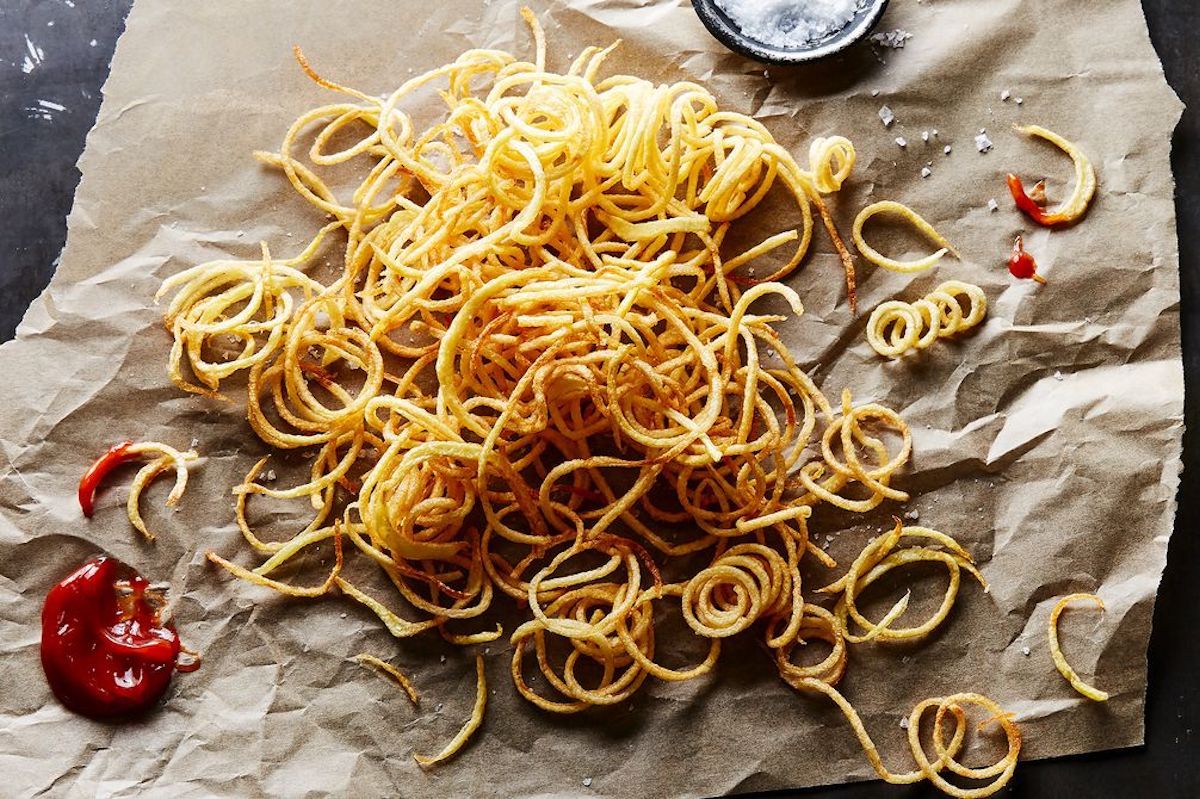The latest effect of pandemic-influenced consumer habits is a Heinz tomato ketchup package shortage that's affecting food delivery services around the country. What's the culprit behind this condiment scarcity? Food delivery services.
As restaurants continue to limit in-person dining capacities and customers continue to order in food, the country's seemingly limitless supply of ketchup packets has begun to take a hit. Glass and plastic ketchup bottles that typically live on restaurant tables have been largely unused since restaurants pivoted to delivery and takeout models more than a year ago, and the sharp increase in to-go orders has resulted in elevated demand for single-serving condiments as well (a move first recommended by the CDC to avoid shared dispensers).
According to The Wall Street Journal, ketchup packet prices are up 13% since January. The Kraft Heinz Company, manufacturer of nearly 70% of the American ketchup market, will be opening new manufacturing lines to increase production by 25%, producing more than 12 billion packets per year to keep up with demand as diners' preference for takeout and delivery orders holds fast.
In the meantime, some restaurants unable to replenish their ketchup packet supplies are turning to eBay. Sellers are hawking cases of packets from Heinz, French's, Hunt's, and other brands for a tidy markup, accompanied by verbiage like "high demand," "fast shipping," "hot," and even "for emergencies." Other restaurants are switching to generic-brand packets or dispensing bulk Heinz ketchup — which is still widely available — into single-serving containers, and asking diners whether they want ketchup with their order (an unthinkable question in the Before Times).
Expect to see this shortage alleviated in the coming weeks as the condiment behemoth churns out millions of additional Heinz packets to ensure that no french fry, no burger, no omelet, goes un-ketchup'd on their watch.
Even More Ketchup: Hark! I've figured out the best way to get ketchup out of a bottle




Shares